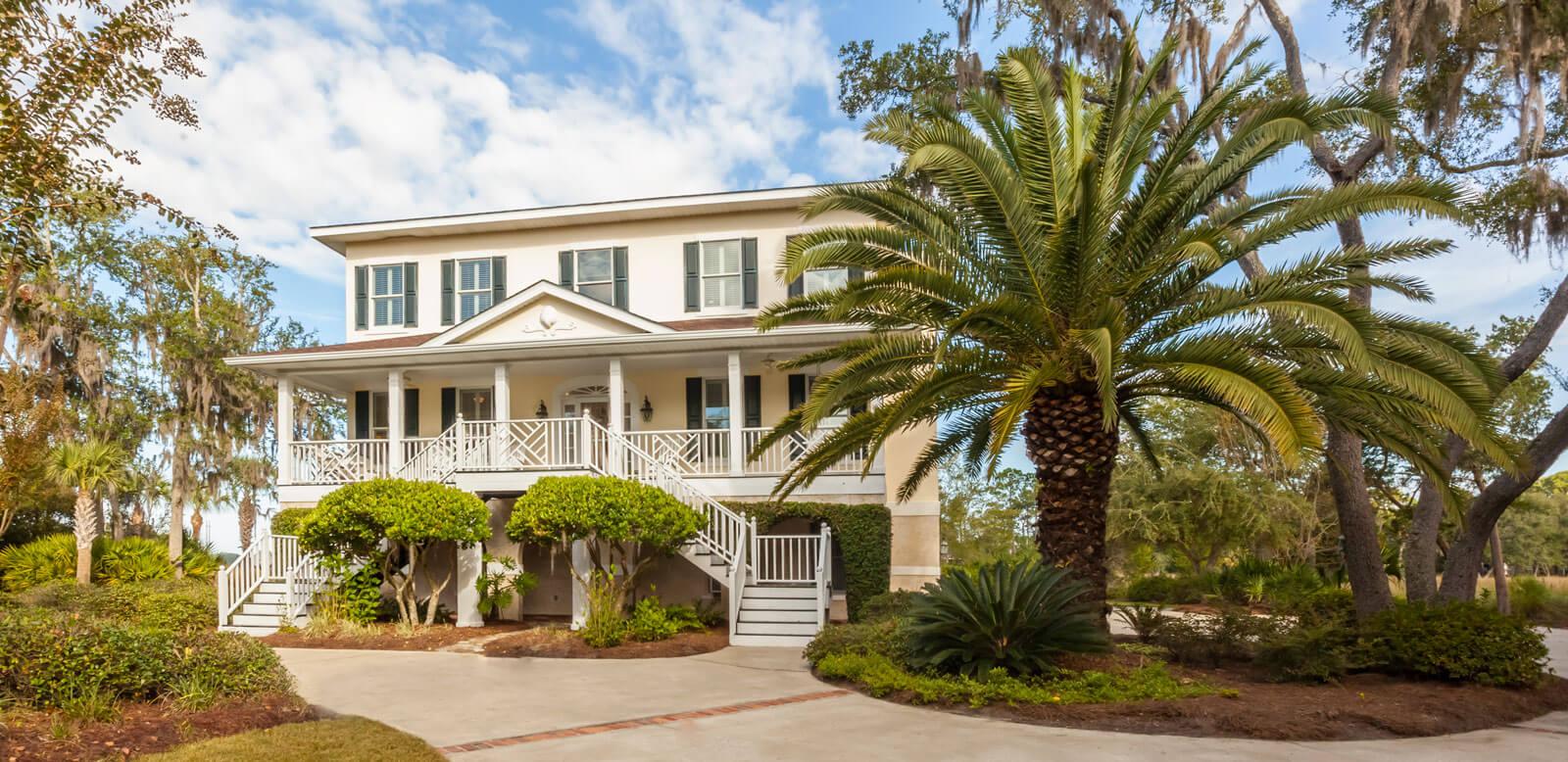
How to shop for coastal insurance
August 2, 2021 — Homeowner insights | Insurance insights
Perhaps until now, you’ve only ever dreamed of owning a vacation property. But with interest rates where they are and the more flexible work-from-home lifestyle most companies are adopting, there might be no better time than the present to invest in a second home.
Whether you’d like something in wine country or near the coast, some considerations are often overlooked when it comes to investing in a vacation home. Owning a great summer getaway is about more than just location and dollars and sense. So that you can make a wise investment and enjoy making memories for years to come, you’ll need to consider everything before deciding to purchase – and that includes insurance needs.
Desirable locations are often near water, and insuring vacation properties near the coast isn’t the same as insuring a primary residence, say, in the Midwest. Vacation homes present more risks and can be more expensive to protect. So how can you feel confident you’re considering everything you need to before investing in a summer chalet near the ocean?
1. Work with a coastal home property specialist
You wouldn’t trust your dentist to perform an appendectomy, so don’t trust your coastal insurance needs to just any insurance professional. Specialties matter, even in insurance. Many factors go into writing an insurance policy for a home in a coastal community. A professional who understands these challenges will be well equipped to guide you in what things to consider before signing on the dotted line. Things like roof age, building materials and distance from the coast can greatly affect your insurance premium and even eligibility for coverage with certain companies. Understanding these factors and how they affect insurance before you purchase will help you find the right property.
In addition, selecting the right deductibles is an important part of securing homeowners insurance in a coastal market. Windstorm deductibles are typically set as a percentage determined by the property’s risk. Typically, homeowners policies have a flat dollar amount deductible such as $500 or $1,000. However, coastal homes have special deductibles that apply to windstorms, hail or even specifically to hurricanes. These special deductibles are usually a percentage of a home’s dwelling coverage, such as 1%, 2% or even higher.
2. Understand your unique coverage needs
Homes near water require coverages you might not be familiar with if you’ve never owned a property in a coastal area. Properties that aren’t inhabited regularly are at risk for theft, vandalism and water damage that can go undetected. Vacation properties sometimes have pools and other amenities, which present unique insurance needs. In addition to vacancy and amenities, storm-related damage requires additional coverages.
Hurricane coverage – Hurricane season runs from June to November and peaks in September. Among other things, 2020 was the most active hurricane season on record. It’s important to know what your policy covers before hurricane season starts. During an active storm, many companies are unable to write new policies.
Flood coverage – Most homeowners insurance policies exclude flood. Coastal homeowners insurance is no different. To protect your home from water damage that often occurs with storms or storm surge, you’ll need to acquire an additional, separate flood policy.
Windstorm coverage that includes hurricanes – In areas prone to storms, policies may exclude wind damage. If this is the case, you’ll want to consider an extra policy to ensure your vacation home is protected.
3. Protect your home with a company that can provide continuous financial stability
It probably goes without saying, but the best rate on insurance doesn’t always mean it’s the best coverage – and not only because your deductible might be higher, or a peril might not be covered. Another factor in pricing that many individuals don’t consider when buying insurance is that some carriers come into markets with desirable prices but without the financial stability to withstand the market changes or recurring storms. When this happens, insurance carriers sometimes need to notify property owners that they can no longer provide coverage in their area because of risk management concerns. Look for a company that offers many types of insurance products to help ensure the right solution to meet the varied needs of the market.
Property insurance in a coastal market isn’t more difficult or challenging to understand, it’s just a different animal. You’ll want to be sure you know your needs and the available coverages as well as deductibles. But don’t trust just anyone to walk you through these important nuisances. Look for a coastal homeowner property specialist who has many choices of insurance carriers to select from, so you can rest easy and soak in the sun on the patio of your new vacation home.
